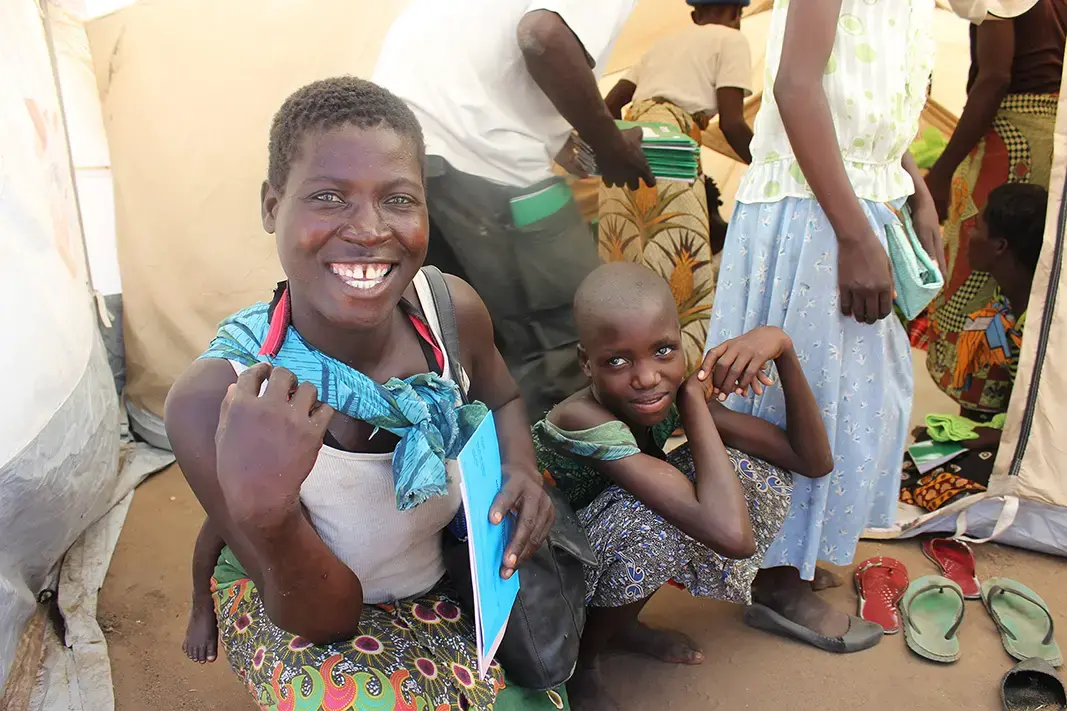Learning in the field of population and development has been spurred by research analyzing links between population phenomena and reproductive health, human rights, gender equality and poverty, among other issues. These linkages underpin the 1994 ICPD Programme of Action, which guides UNFPA's work.
ICPD called upon governments and development agencies to support a wide range of research to inform public policy and improve programming strategies. Women's roles and status, spatial mobility of populations and differentials in morbidity and mortality within population subgroups were singled out as pressing concerns. The implications of changing population age structures for countries' development also need to be taken into account by planners.
A more recent, important aspect of research is to identify determining factors for the Millennium Development Goals (MDGs) and to track progress toward their achievement.
For the past 30 years, UNFPA has played a lead operational role in helping to build countries' capacities for data collection and analysis. A current focus of UNFPA support is successful implementation of the 2010 round of population and housing censuses (2005-2014). The data collected will be crucial for measuring progress toward achievement of the MDGs and for providing an evidence base that can guide national policymaking.
At the global level, UNFPA encourages population studies knowledge-sharing and networking through its support to institutions, such as the International Union for the Scientific Study of Population (IUSSP). In addition to its work in the area of census, UNFPA supports qualitative and quantitative surveys, and population and development-related research at global, regional and country levels.
To further this work, UNFPA has also initiated an interactive, online tracking tool that provides access to a wide range of information about the data collection activities of reporting countries.


